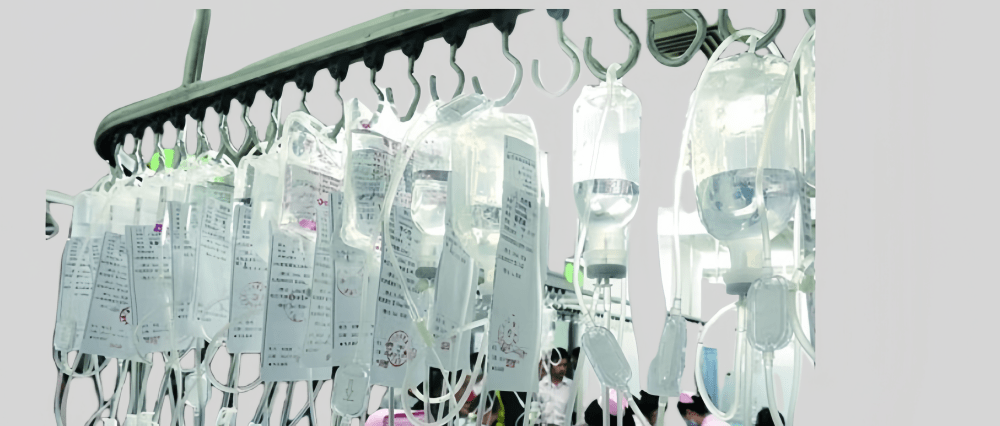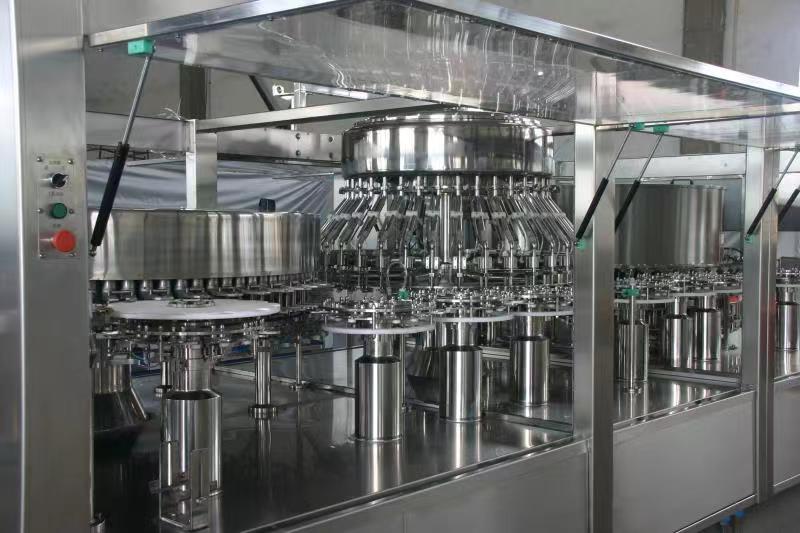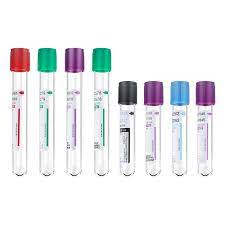Parenteral solution turnkey projects in the pharmaceutical industry involve the comprehensive process of designing, constructing, and implementing sterile manufacturing facilities for the production of injectable drug products. These projects encompass a wide range of services, including solution preparation, formulation services, equipment validation, clean room design, facility planning, project management, and quality assurance to ensure compliance with Good Manufacturing Practices (GMP).
Additionally, parenteral solution turnkey projects also involve biopharmaceutical production, development of drug delivery systems such as pre filled syringes, and the manufacturing of intravenous solutions. Contract manufacturing, process optimization, pharmaceutical engineering, regulatory compliance, technology transfer, and packaging solutions are also key components of these projects.
Moreover, parenteral solution turnkey projects cater to various aspects of the pharmaceutical industry, including compounding pharmacies, parenteral nutrition, medical device manufacturing, risk assessment, and sterile filling. These projects play a crucial role in ensuring the safety, efficacy, and quality of injectable drug products for patients.
In conclusion, parenteral solution turnkey projects in the pharmaceutical industry require meticulous planning, expertise, and adherence to regulatory standards to deliver high quality injectable products to meet the needs of healthcare providers and patients.
Introduction to Parenteral Solution and Turnkey Projects
Parenteral solutions are pharmaceutical formulations designed for sterile administration through injection, infusion, or implantation. Turnkey projects in this context refer to comprehensive solutions for the design, construction, and implementation of facilities dedicated to parenteral solution production. These projects encompass various aspects of the pharmaceutical industry, such as sterile manufacturing, aseptic processing, solution preparation, formulation services, equipment validation, clean room design, facility planning, project management, and GMP compliance.
Quality assurance is paramount in parenteral solution turnkey projects to ensure the safety and efficacy of the products. Biopharmaceutical production, drug delivery systems, intravenous solutions, contract manufacturing, and process optimization are key elements in these projects. Pharmaceutical engineering plays a crucial role in developing state of the art facilities that meet regulatory compliance standards for technology transfer and production of pre filled syringes.
Compounding pharmacies, parenteral nutrition, medical device manufacturing, risk assessment, injectable drug delivery, sterile filling, and packaging solutions are also vital components in parenteral solution turnkey projects. The collaboration of experts in pharmaceutical consultation is essential to guarantee that all aspects of the project are executed efficiently and in alignment with industry best practices.
In conclusion, the integration of various disciplines and meticulous attention to detail are essential in the successful completion of parenteral solution turnkey projects. Constant innovation and adherence to quality standards contribute to the advancement of pharmaceutical manufacturing and the delivery of life saving medications to patients worldwide.
Importance of Sterile Manufacturing and Aseptic Processing in Parenteral Solution Preparation
Sterile manufacturing and aseptic processing are crucial components in the preparation of parenteral solutions, ensuring that these vital medical products are free from contamination and safe for patient use. The pharmaceutical industry relies on sterile manufacturing practices to meet the high standards of quality and safety required for parenteral solutions.
Sterile manufacturing involves the production of medications in an environment that is completely free of microorganisms. Aseptic processing, on the other hand, focuses on maintaining the sterility of the product during filling and packaging. These processes are essential in the formulation services of parenteral solutions, as any contamination can jeopardize patient health.
Equipment validation is a key aspect of sterile manufacturing and aseptic processing. Proper validation ensures that all equipment used in the preparation of parenteral solutions meets industry standards and operates effectively. Clean room design and facility planning play a crucial role in creating a sterile environment for pharmaceutical manufacturing.
Project management is essential in overseeing the entire process of parenteral solution turnkey projects, ensuring that GMP compliance and quality assurance standards are met. Biopharmaceutical production and the development of advanced drug delivery systems require sterile manufacturing practices to guarantee the safety and efficacy of the final product.
Contract manufacturing services play a significant role in the production of parenteral solutions, offering expertise in process optimization and pharmaceutical engineering. Regulatory compliance is a top priority in sterile manufacturing, with stringent guidelines to adhere to in the production of parenteral solutions, including pre filled syringes and intravenous solutions.
Technology transfer is a critical step in the sterile manufacturing process, allowing for the efficient transition of manufacturing processes from one facility to another. Compounding pharmacies and parenteral nutrition providers rely on sterile manufacturing practices to meet the specific needs of their patients.
Medical device manufacturing for injectable drug delivery requires sterile filling and packaging solutions to ensure the safety and integrity of the product. Risk assessment is conducted to identify and mitigate potential hazards in the sterile manufacturing process, safeguarding the quality of parenteral solutions.
In conclusion, sterile manufacturing and aseptic processing are essential in the preparation of parenteral solutions, ensuring the safety and efficacy of these vital medications for patient use. Pharmaceutical consultation is crucial in navigating the complex requirements of sterile manufacturing, supporting the development and production of high quality parenteral solutions.
For more information on parenteral solutions, visit the Wikipedia page on “Parenteral nutrition”.
Role of Equipment Validation
Equipment validation plays a crucial role in parenteral solution turnkey projects within the pharmaceutical industry. It ensures that all equipment used in sterile manufacturing, aseptic processing, solution preparation, and formulation services meet the necessary standards for quality and compliance.
Key aspects of equipment validation include clean room design, facility planning, project management, and GMP compliance. By validating equipment, companies can guarantee the safety and efficacy of their products during biopharmaceutical production, particularly for drug delivery systems like intravenous solutions and pre filled syringes.
Contract manufacturing in parenteral solution projects also require rigorous equipment validation to optimize processes and ensure regulatory compliance. This includes technology transfer, risk assessment, and maintaining sterile filling and packaging solutions.
Pharmaceutical engineering plays a critical role in equipment validation, focusing on injectable drug delivery and meeting the stringent standards for parenteral nutrition and medical device manufacturing. By conducting thorough validation processes, companies can uphold quality assurance and provide safe and effective products to consumers.
In summary, equipment validation is vital in the pharmaceutical industry to guarantee the safety and quality of parenteral solutions. Pharmaceutical consultation can offer expertise in this area to ensure that equipment meets regulatory requirements and industry standards.
Project Management
in parenteral solution turnkey projects in the pharmaceutical industry involves overseeing the entire process of sterile manufacturing, aseptic processing, and solution preparation. This includes formulation services, equipment validation, clean room design, facility planning, and ensuring GMP compliance for quality assurance. Project managers play a crucial role in coordinating biopharmaceutical production, drug delivery systems, and intravenous solutions. They may also work with contract manufacturing partners to optimize processes and ensure pharmaceutical engineering meets regulatory compliance standards. Technology transfer for new products like pre filled syringes and parenteral nutrition must be managed effectively. Additionally, project managers are responsible for overseeing medical device manufacturing, conducting risk assessments, managing injectable drug delivery, sterile filling, and packaging solutions, as well as providing pharmaceutical consultation throughout the project lifecycle.
The implement of Parenteral Solution Turnkey Projects
Parenteral Solution Turnkey Projects involve the comprehensive implementation of solutions for the pharmaceutical industry. These projects encompass various aspects such as sterile manufacturing, aseptic processing, solution preparation, formulation services, equipment validation, clean room design, facility planning, project management, GMP compliance, quality assurance, biopharmaceutical production, drug delivery systems, and intravenous solutions. Additionally, services may include contract manufacturing, process optimization, pharmaceutical engineering, regulatory compliance, technology transfer, pre filled syringes, compounding pharmacies, parenteral nutrition, medical device manufacturing, risk assessment, injectable drug delivery, sterile filling, and packaging solutions. Parenteral solution turnkey projects also offer pharmaceutical consultation to ensure that all aspects of the project meet industry standards and requirements.
IV FLUID SOLUTION LINE


